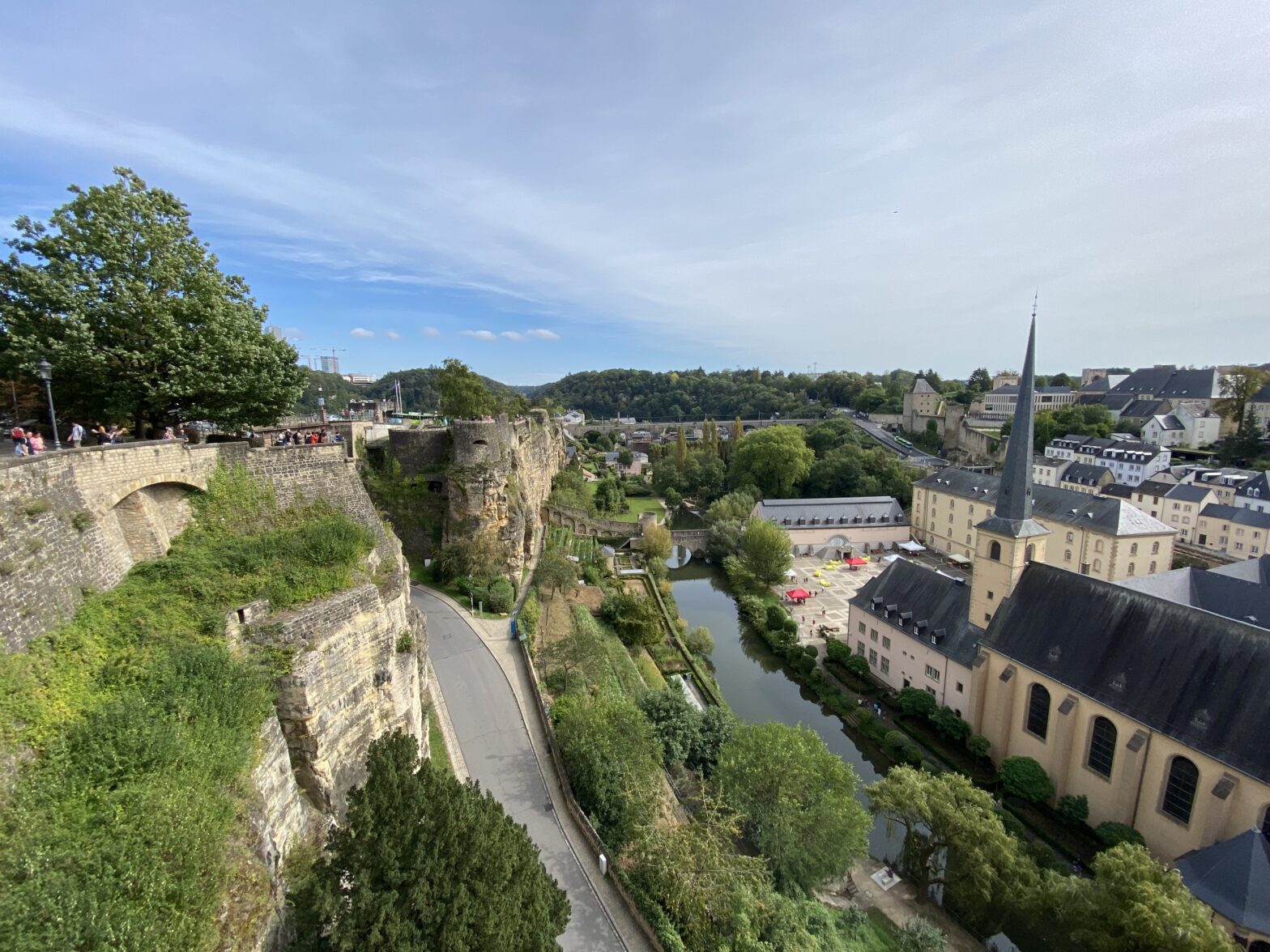In a world where the pursuit of “authentic travel” has become a coveted badge of honour, being a tourist comes with a sense of shame.
The commercialisation of tourism has birthed an industry that promises curated adventure—an oxymoron that has us believing that discovery can be neatly packaged and pre-arranged. Handheld exploration through guided tours and vacation packages promotes convenient, comfortable, risk-free, and trouble-free adventures. Tourists increasingly go where they expect to go, seeking experiences that come with a seal of guarantee. Have fun, or your money back. We won’t lose your luggage; it’s insured anyway. It won’t let you down—our thousands of reviews, your friends’ vacation stories, and the beguiling getaway posts by Instagram influencers say so. People argue that tourists increasingly prioritise ticking off iconic sites, and the very essence of exploration is diluted. The genuine spontaneity that once defined travel has been overshadowed by the safety net of meticulously planned itineraries, leaving little room for the unexpected or the transformative.
In this era of meticulously planned itineraries, being a real traveller stands as a rebellion against the commodification of wanderlust.
Real travellers travel to expand their world, to see places in this world that they have never seen before, and to lay down new pieces in their mental map of the world. Real travellers don’t plan, they take things as they come at them. Tourists waste time thinking; travellers live a chaotic, unplanned, thrill of a life, marked by spontaneity and unorthodoxy. Unburdened by social pressures to squeeze their journey neatly into Instagram grids and unencumbered by preconceived images of the destination, travellers discover the true joy of discovery. Hence, authentic travel is about wandering without an agenda, stumbling upon hidden gems, and embracing the serendipity that only the unprepared can fully appreciate.
However, in the pursuit of “authentic travel,” a disconcerting reality emerges—a dichotomy between the romanticised notions of true exploration and sheer ignorance. Is authentic travel just code for ignorance and a lack of preparation?
In an age where a Google search can unveil the most obscure corners of the world, ignorance is a choice. The pursuit of authenticity and off-the-beaten-path travel destinations overlooks the reality that these places are often hidden to preserve their sanctity and protect them from the unintended consequences of mass tourism. “Authentic travel”, when unaccompanied by cultural awareness and respect for local customs, risks turning these places into trampled relics of what once was.
Such remote villages[1] and mysterious terrains[2] inevitably turn into the latest hotspots and the next target of travel companies, soon to be packaged as “authentic” encounters for mass consumption, and the very essence of exploration becomes entangled in a web of commercial interests. The allure of untouched landscapes and unexplored cultures is packaged, priced, and presented as a consumable product, leaving travellers with the illusion of authenticity while feeding an industry that thrives on novelty. Inevitably, the experience is homogenised to the point where it is no longer perceived as authentic.
It almost seems like a game—who can unlock the secret levels in Super Mario World first?
This obsession with being the first to step foot somewhere inadvertently reinforces a colonial mindset that perpetuates a selfish narrative, thinly veiled by “authentic travel”, that excludes the local population, for whom these places are far from hidden. It perpetuates a skewed perspective that deems a location valuable only when seen through the lens of an outsider, often a traveller from a more privileged background.
To escape the tautological trap[3] of modern travel, a paradigm shift is imperative. The true authenticity of travel lies not in the untouched, the remote, or the unexplored but in the genuine connections forged between travellers and the places they visit and in their effort to learn, to respect, and to leave a positive impact on the destinations. The commercialisation of tourism, while undoubtedly a pervasive force, is not the sole culprit in the erosion of authenticity; the responsibility lies with the traveller to educate oneself, to approach each journey as a cultural exchange rather than a conquest.
Authentic travel is not found in the absence of tourists; it thrives in the presence of mindful, informed visitors who seek to understand and appreciate the places they explore. As we navigate the commercialised landscape of global tourism, let us not use the myth of authenticity as a shield for our own lack of preparation, but rather as a call to arms for a more informed, responsible, and truly authentic exploration of our shared world.
[1] An example is Hallstatt, Austria. Hallstatt, a charming lakeside village, was known for its idyllic setting and historic architecture. The village gained international attention after being labeled as the “most Instagrammable village.” The influx of tourists led to overcrowding, strains on local infrastructure, and a shift from a residential community to a tourist-centric destination.
[2] Consider Phi Phi Islands, Thailand. The Phi Phi Islands were once known for their pristine beaches and crystal-clear waters, offering a tranquil escape from bustling mainland Thailand. However, the islands experienced a surge in tourism, particularly after being featured in the film “The Beach.” The increased number of visitors led to environmental degradation, waste management issues, and overcrowding, diminishing the islands’ natural beauty.
[3] Daniel J. Boorstin’s describes travel as a tautology, where there exists a paradox that, despite efforts to seek novelty and diversity in travel, the experiences become increasingly insular and reflective of the individual’s own expectations and perspectives. The more deliberately and consciously we try to broaden our experiences through travel, the more this repetitive pattern intensifies, and the outcome is a continuous cycle that ultimately reflects back on the individual rather than expanding perspectives outward.
